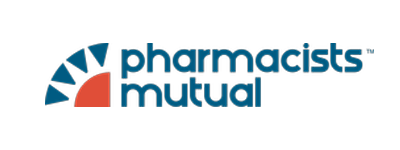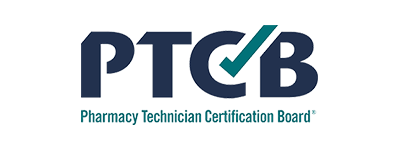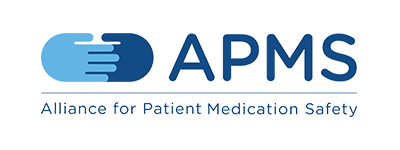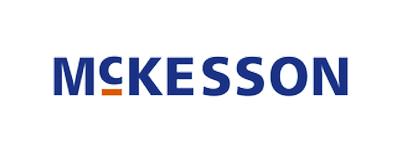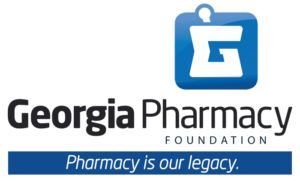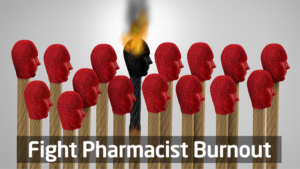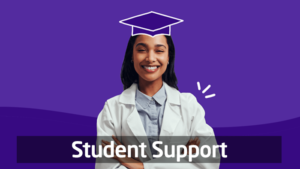How PharmAssist helped a Georgia pharmacist get his life back
Michael* had spent the last decade running a retail pharmacy. The pace was almost too fast to keep up. His location had added immunizations among other services, administering as many as 600 flu shots in a single flu season. The pressure to do a great job required 12 hours on the clock, and several additional hours of work that he couldn’t clock.
In his personal life, Michael was dealing with an unhealthy relationship and the death of a close relative. On top of pre-existing struggles with depression and occasional thoughts about harming himself, his anxiety was high. He did things to self-soothe, like overeating and spending too much money. To deal with the anxiety and extra weight he was putting on, he began to forge prescriptions under a physician’s name for controlled substances.
“I think pharmacists have Type A personalities, which is hard for anxiety,” he said. “You’re used to calling all the shots. It’s easy to step outside of the parameters if you’re not careful.”
After a year, the physician picked up on something amiss and called the pharmacy. Michael took the call and turned himself in shortly thereafter. His license was suspended.
And then he took a second step toward a better future. Michael signed on with the PharmAssist program. The volunteer-run program by the Georgia Pharmacy Foundation connects pharmacists with professional resources and peer support to overcome burnout, depression, and substance abuse. Over the years, hundreds of pharmacists have reclaimed their lives and jobs after going through this program.
“It’s helped me to see that there are many other professionals in all walks of life struggling with the same problem I have,” Michael said, mentioning that he recognized an old friend in his first support group meeting. “Having a concentrated group of friends and professionals that you can decompress with — that’s very empowering for me.”
In his one-on-one meetings with a psychologist, Michael eventually shared that he was molested as a child. He was eventually able to share his experience with his PharmAssist group of 40 people. Through this process, he has completely overcome the feelings of guilt, which helps with the depression and the need to medicate.
“This program has been a tremendous help to me,” he said.
His license was reinstated and Michael works in a pharmacy job helping others again. He also broke off his unhealthy relationship and has hope for the possibility of a better one. He connects daily with friends and family to avoid self-isolation.
The regular support group meetings continue to help Michael fight his inclination to medicate with addictive behaviors. Most importantly, he realizes he is not alone.

